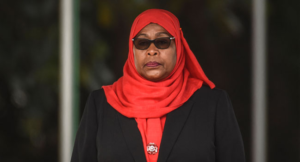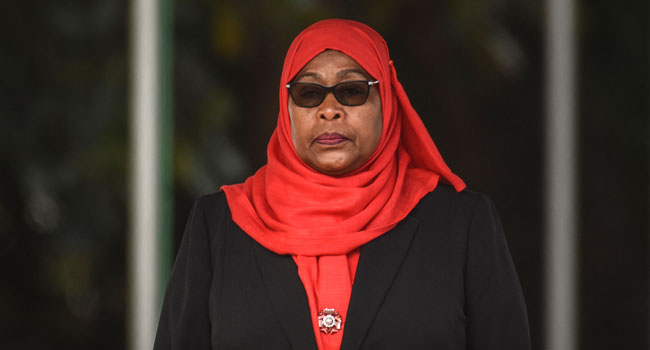Tanzania has suspended the online operations of The Citizen, one of the country’s most influential English-language newspapers, after it published cartoons that depicted President Samia Suluhu Hassan and referenced recent abductions and killings of dissidents.
The suspension, announced by the Tanzania Communications Regulatory Authority, will last for 30 days.
The decision comes in response to an animated video released by The Citizen, which showed President Hassan watching news broadcasts about dissidents and victims of state repression. The government described the content as presenting “negative interpretations for the nation, something that affects and undermines national unity, peace, and cohesion.”
In a statement on Wednesday, The Citizen acknowledged the suspension and mentioned that it had already removed the controversial animations, citing the “misinterpretation it has generated.”
President Hassan has faced increasing domestic and international criticism over allegations that security forces are involved in the kidnapping and murder of opposition figures. Her government has also prohibited two major rallies by the opposition Chadema party since August and has briefly detained its leaders.

Since taking office after the sudden death of her authoritarian predecessor, John Magufuli, in 2021, Hassan was initially praised for lifting restrictions on opposition rallies and media. However, rights groups and Western governments, including the United States, have raised concerns about a resurgence of repression ahead of local elections in November and a general election scheduled for late 2025.
One individual featured in the controversial animated videos is the father of artist Shadrack Chaula, who was sentenced to two years in prison in July for burning a picture of President Hassan. In the video, the father expresses his desperation, saying, “dead or alive… I want to see my child,” while Hassan watches from the sofa.
The situation highlights ongoing tensions in Tanzania regarding press freedom and the treatment of dissent, as the government navigates criticism from both domestic and international observers.




